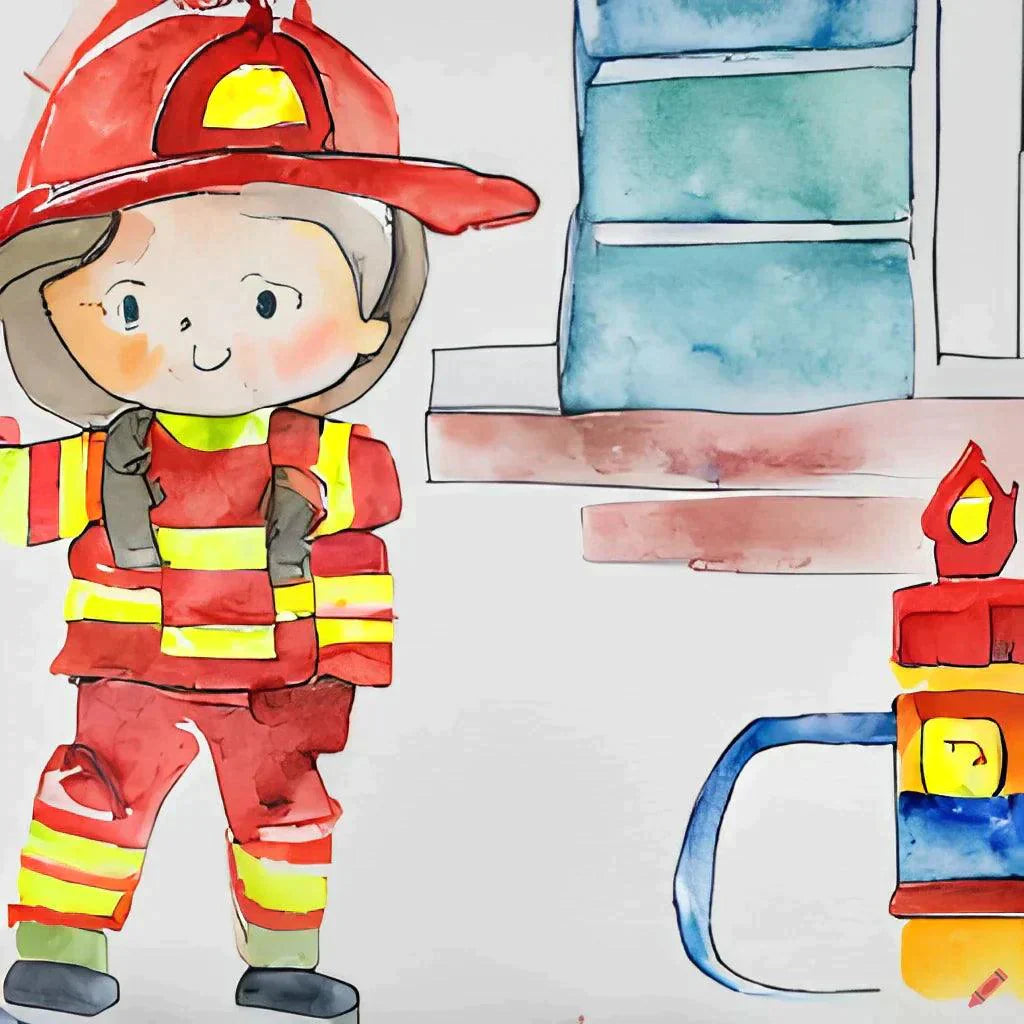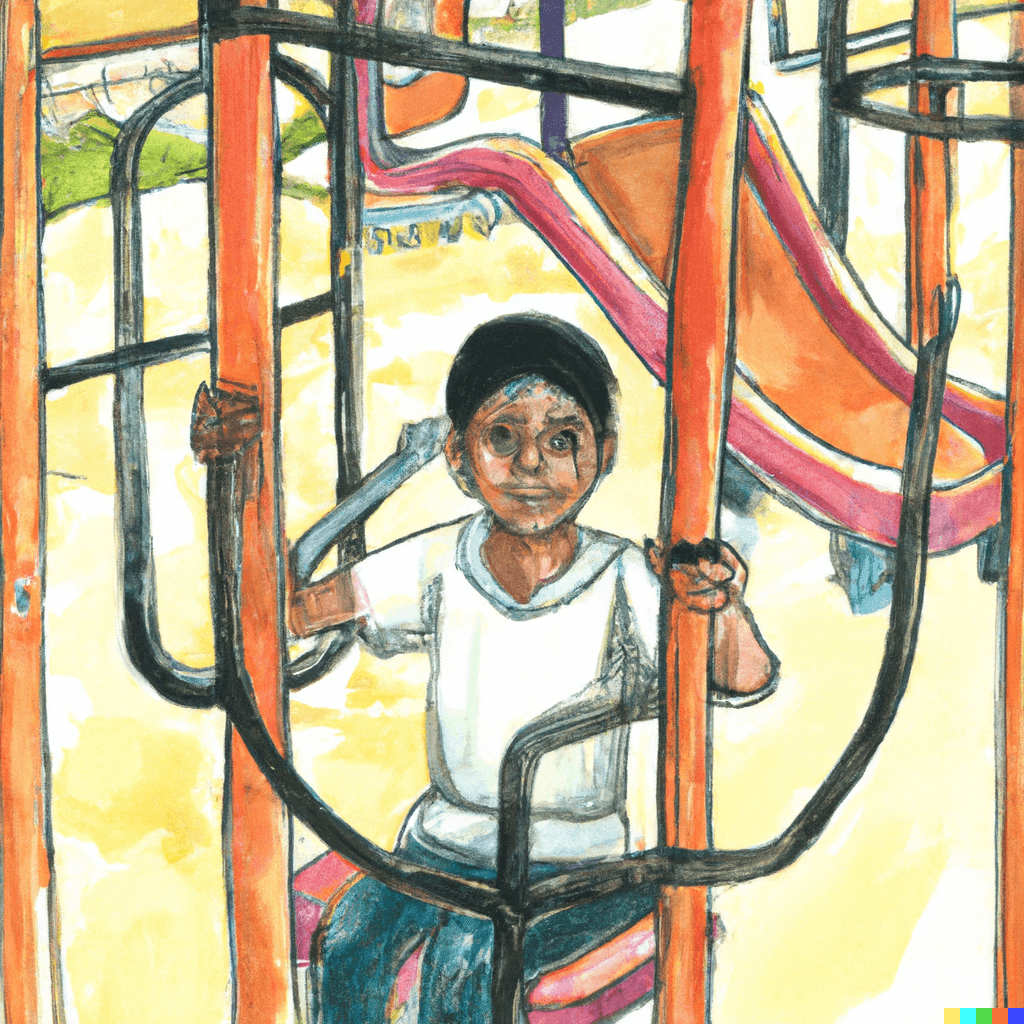In today's digital age, children have easy access to the internet, which brings numerous benefits but also potential risks. As a parent, it's essential to prioritize your child's online safety. This article provides eight practical tips to help you navigate the digital landscape and ensure your child's security while they explore the online world.
1. Open Communication and Education
Establish open lines of communication with your child regarding their online activities. Encourage them to share their experiences, concerns, and any inappropriate content they may come across. Educate them about the potential risks, such as cyberbullying, online predators, and scams, and teach them how to protect themselves.
2. Set Clear Internet Usage Rules
Establish clear rules and guidelines for internet usage. Define boundaries regarding screen time, websites they can visit, and appropriate online behavior. Make sure your child understands and respects these rules, emphasizing the importance of responsible digital citizenship.
3. Use Parental Control Tools
Leverage parental control tools and software to monitor and manage your child's online activities. These tools allow you to filter content, set time limits, and track their online behavior. Consider installing age-appropriate filters and restrictions to ensure they access suitable content.
4. Teach Online Privacy and Security
Educate your child about the importance of protecting their personal information online. Teach them not to share sensitive details, such as their full name, address, phone number, or school, with strangers or on public platforms. Explain the concept of strong passwords and the significance of keeping them confidential.
5. Encourage Safe Social Media Practices
If your child is using social media platforms, guide them on safe practices. Help them set privacy settings to control who can see their posts and profile. Teach them about the risks associated with accepting friend requests from strangers and the importance of reporting any suspicious or harmful behavior.
6. Monitor Online Friendships
Advise your child to be cautious when making online friends. Teach them not to share personal information with individuals they've only met online. Encourage them to limit their online friendships to people they know in real life and to inform you if they encounter any uncomfortable situations.
7. Foster Critical Thinking Skills
Develop your child's critical thinking skills to help them evaluate online content for credibility and reliability. Teach them to question the accuracy of information, identify clickbait, and differentiate between trustworthy sources and fake news. Encourage them to seek reliable sources for research and information.
8. Be a Role Model
Lead by example and demonstrate responsible digital behavior. Practice healthy online habits, such as limiting screen time, respecting others' privacy, and engaging in positive online interactions. Your child is more likely to follow your lead and adopt responsible online behavior when they see you practicing it.
Conclusion
Ensuring your child's online safety requires proactive engagement and ongoing communication. By implementing these eight tips—maintaining open communication, setting clear rules, using parental control tools, teaching privacy and security, encouraging safe social media practices, monitoring online friendships, fostering critical thinking skills, and being a positive role model—you can help create a safe and secure digital environment for your child. Remember, continuous guidance and support are essential in navigating the ever-evolving online landscape and protecting your child from potential risks.









